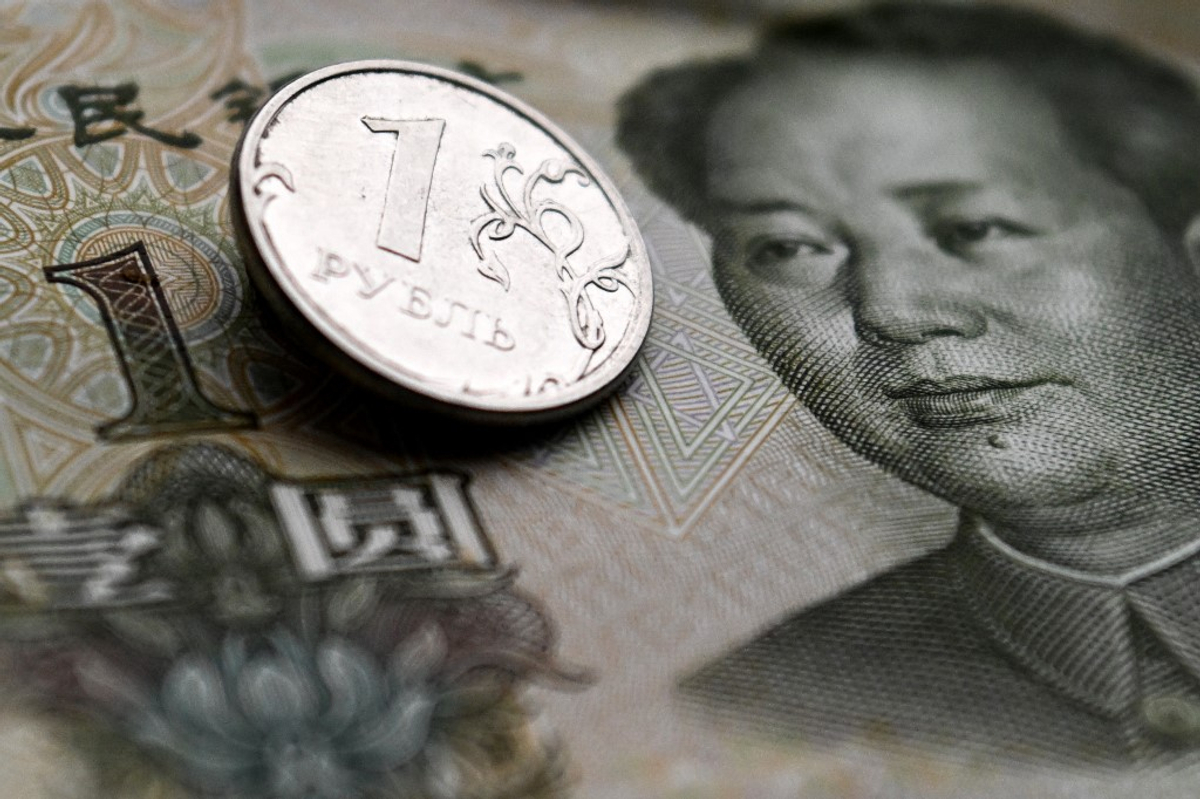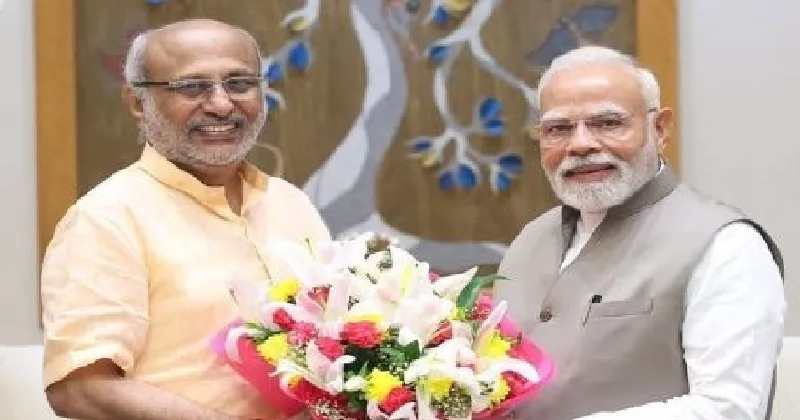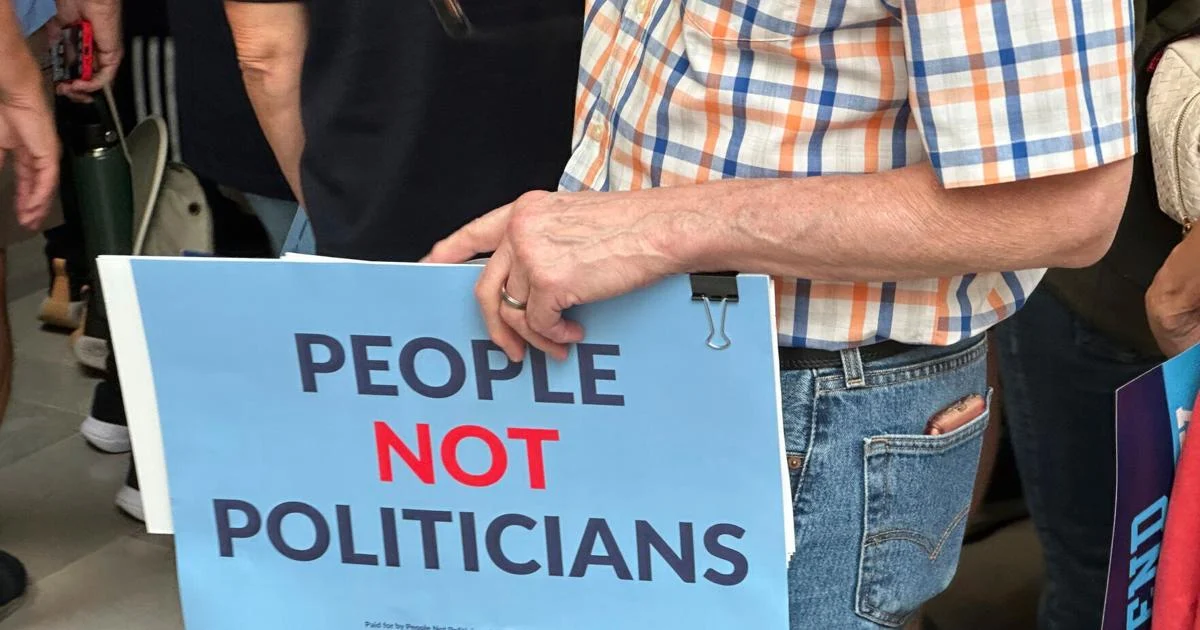By Antonia Langford
Copyright kyivpost

Moscow has turned to bartering in order to circumvent Western sanctions as Russia’s economy shows signs of increasing strain, Reuters reported on Sept. 15.
Identifying eight transactions of goods-in-kind based on trade sources, public statements from customs services and company statements, Reuters wrote that the return of bartering “shows just how far the war in Ukraine has distorted trading relationships” for Russia.
Three trade sources told the news agency that bartering is becoming more frequent in the Russian economy, though the overall value or volume could not be established “due to the opacity of the transactions.”
One trade source, speaking to Reuters on the condition of anonymity, said that the system helped circumvent the sanctions that disconnected Russian banks from dollar and euro transactions.
In one such transaction, Chinese cars were traded for Russian wheat, reportedly after Сhinese partners in the deal asked Russian counterparts to pay in grain.
In two other transactions, flax seeds were exchanged for goods, including household appliances and building materials from China, customs statements reportedly showed.
In other transactions, metals were delivered to China in exchange for machines, Chinese services were swapped for raw materials, and a Russian importer bought aluminum to pay a Chinese company, according to Reuters.
“Chinese banks are afraid of being placed on sanctions lists, under secondary sanctions, so they do not accept money from Russia,” a source in the payments market told the agency.
A 2024 document from Russia’s Ministry of Economic Development advised businesses on how to use barter transactions to dodge sanctions, even laying out a proposal for the creation of a trading platform that would work as a barter exchange.
“The growth of barter is a symptom of de-dollarization, sanctions pressure and liquidity problems among partners,” Maxim Spassky, secretary of the General Council of the Russian-Asian Union of Industrialists and Entrepreneurs, told Reuters.
Spassky added that barter volumes were likely to grow further as the war drags on.
It comes as the US and European allies are reportedly at odds over the role of sanctions in bringing the war in Ukraine to an end.
After Russia’s largest ever aerial assault on Ukraine killed four people in Kyiv earlier this month, US President Donald Trump indicated that he was ready to impose a “second phase” of sanctions on Russia to increase pressure on Moscow to stop the bloodshed.
However, on Sept. 15, Trump made new US sanctions contingent on NATO countries stepping up economic pressure on Russia by imposing high tariffs on China and completely ceasing oil purchases from Russia.
Last week, US Vice President JD Vance said that President Donald Trump “doesn’t see any reason why we should economically isolate Russia except for the continuation of the conflict [in Ukraine],” adding that the US may find an end to the war in Ukraine that would deepen economic cooperation with Russia.



